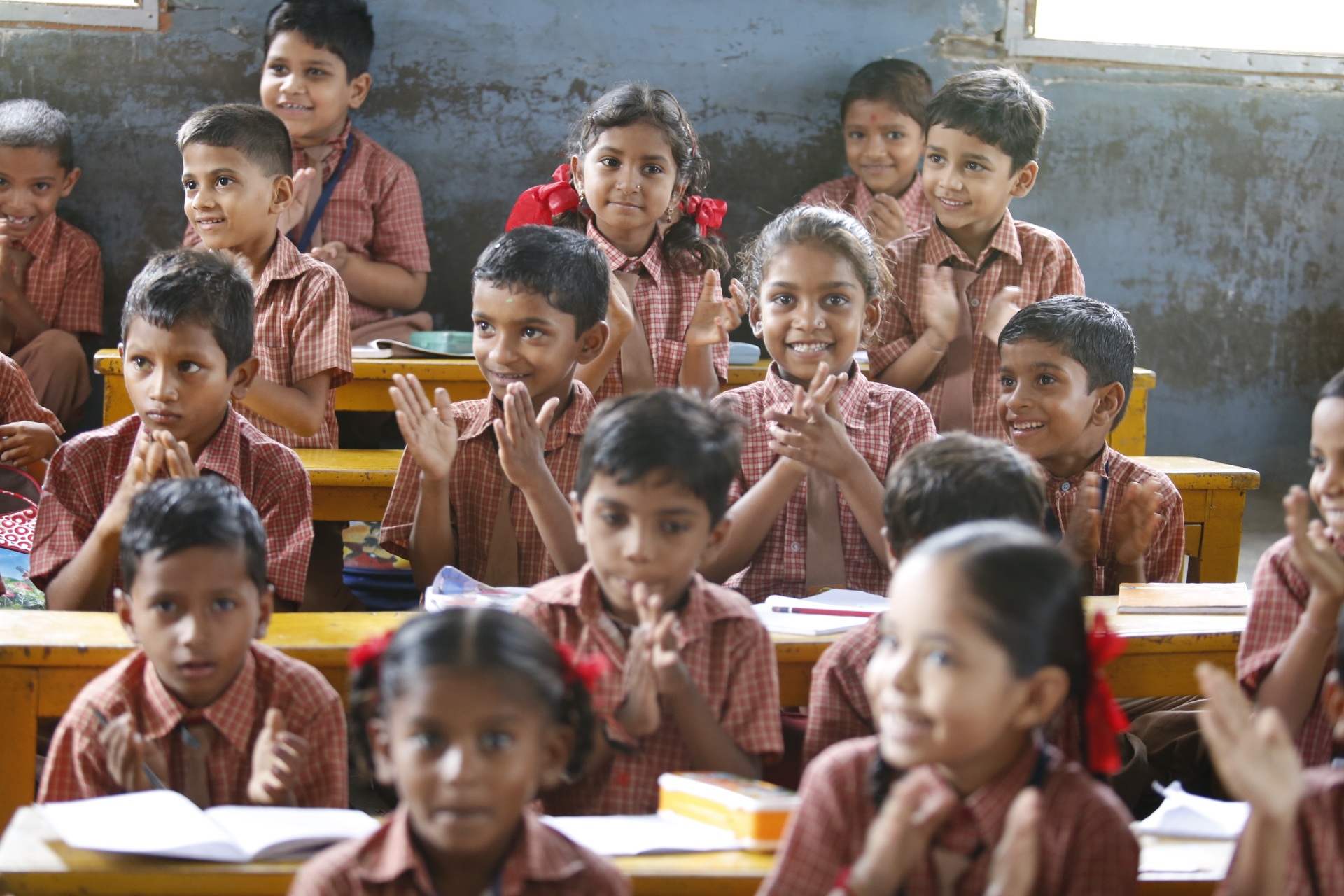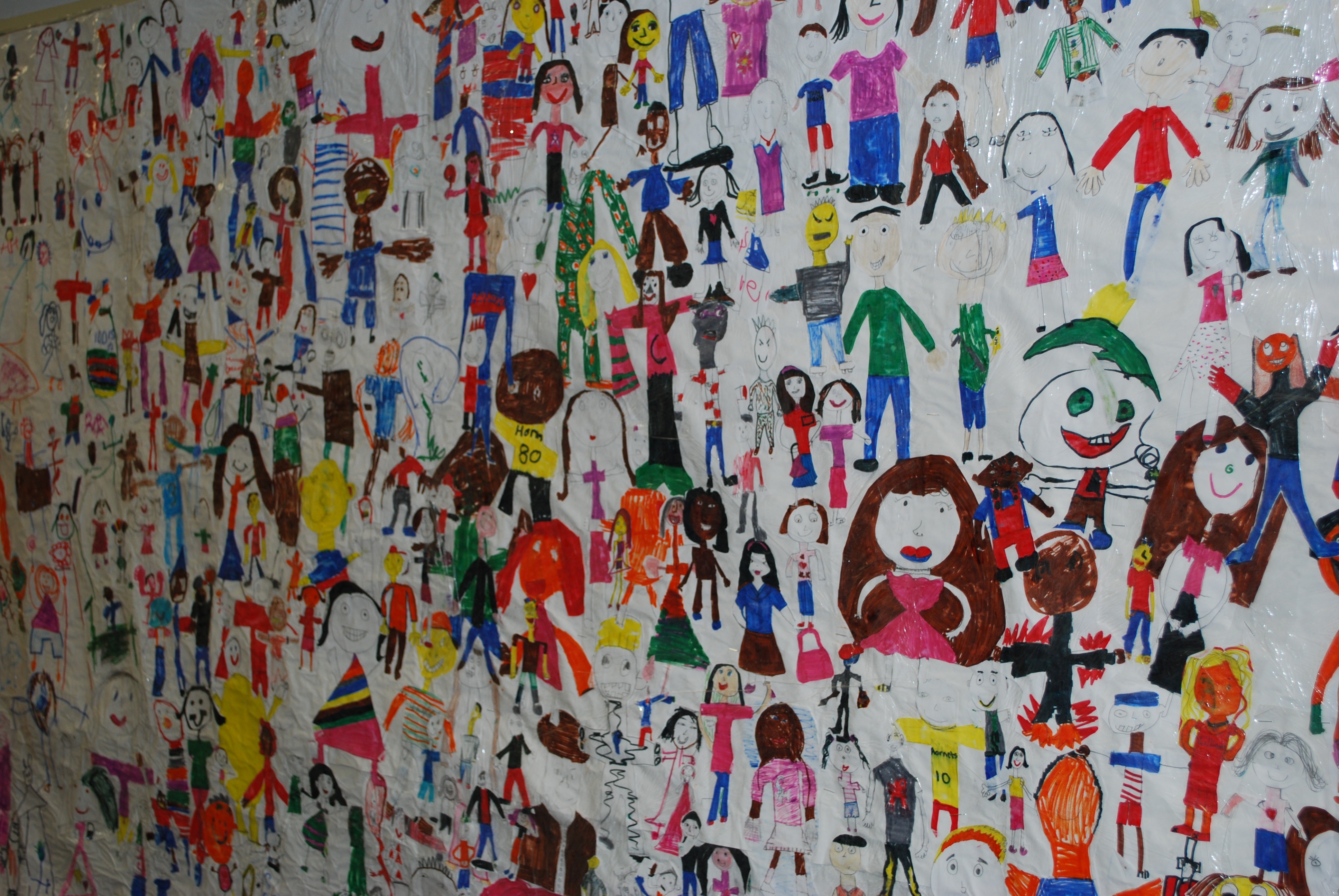Children’s Education
In order to effectively aid education efforts in underdeveloped communities like those in Bangladesh, the underlying causes for educational deficiencies must first be understood. Despite the fact that education remains free in impoverished communities, there exist numerous ancillary costs and obstacles that inhibit proper learning. For instance, relative to the mean income of families in underdeveloped areas, the costs of textbooks remain prohibitively high. Also, issues concerning general health and nutrition affect the quality of education. In many cases, children will fall ill to sicknesses that could easily be prevented with vaccines, or will not be able to afford enough food to get them through the day; both of these scenarios will cause students to lag behind in education and will hamper their ability to fulfill their potential.
In order to enhance both the qualitative and quantitative aspects of education, we utilize our funds to act as a buffer for students that encounter these hindering, yet easily reparable, situations. A $10 textbook, a $5 vaccine, or even a ¢50 lunch can go a long way in ensuring stability in a student’s education. These small increments of aid have a vast positive impact on the lives of students. In addition to helping overcome these specific situations, funds are used for:
- Textbooks
- Lab Equipment
- Furniture and supplies
- Sports equipment
- Computers
- Scholarships
Regional volunteers form a core aspect of our Foundation; they maintain close relationships with the sponsored schools and thus ensure accountability of the usage of our funds.
As part of our upcoming programs, we will pair selected schools in impoverished South Asian communities with American schools; in doing so, we would establish a mentoring relationship between the teaching communities that would allow teachers in such communities to learn from their counterparts and incorporate the latter’s experience and wisdom into the teaching of their respective communities.
Through our program, students will have access to better materials and quality of education; more importantly, they will also have consistency in education. The ability to attend class daily without concerns about where to get the next meal or falling ill will inevitably improve focus and regularity in learning. Inducing effective change in education does not always require building a new school from scratch, but can be carried out simply by acting as a buttress for students so that they may help themselves; a series of small, regular bequests dealing with specific concerns will inevitably go further in facilitating education than a single large endowment.
Women's Programs
On the women’s front, the Foundation focuses primarily on health issues, as the health of the matriarch is essential to keep households running. For the most part, in rural areas, women’s primary responsibility requires maintenance of the household through subsistence farming, raising children and maintaining property; all of these tasks necessitate proper health. Thus, we focus primarily on disease prevention and nutrition to minimize sickness and allow women to work to their full capacity. Our initiatives include providing easy access to vaccines for common diseases as well as emergency food supplies in special situations. Furthermore, complications surrounding childbirth remain a major health problem facing women in developing countries. According to the United Nations, women are 300 times more likely to die in childbirth in developing countries than in developed nations. We supply basic medical equipment (latex gloves, anticeptics, forceps, amniohooks, birth stools, etc.) to local villages to be used during childbirth as well as nutritional supplements to be provided to pregnant women (such as prenatal vitamins). In the long term, we hope to initiate training programs aimed towards local midwives to supplement their knowledge and improve practices concerning childbirth.
Resources
The collaboration was initiated by several friends and family members of the Ennovance Group's founder M. Hossain in Bangladesh, and now includes the efforts of dedicated, forward-thinking friends and colleagues with reach into different segments of the developing nations’ diaspora. The core of the Foundation rests on regional volunteers who give their time and effort to enable our mission.
Ennovance Group's principals commit time and skills in support of these initiatives through direct service and sponsorship opportunities. We also provide volunteer grants to organizations where Ennovance Group or its affiliates are personally involved.
We are always interested in reviewing proposals that would further our objectives. Please direct any inquiries to info@selffreedom.org.



